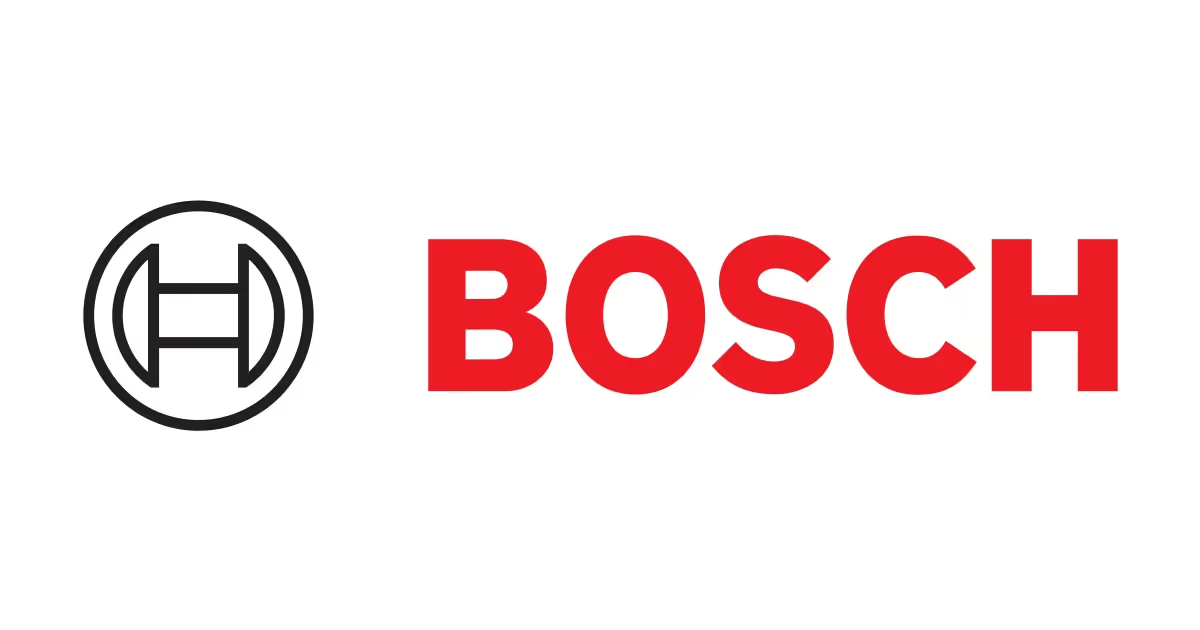Top Franchises under $5,000 to invest in 2025
Low investment, high potential returns
This is a vetted list of franchises under $5,000 of initial investment. These carefully selected franchise opportunities offer entrepreneurs the chance to start a proven business with a lower financial barrier to entry, making business ownership more accessible while still providing the support and brand recognition that comes with franchising.
Franchises under $5,000
Discover the best franchise opportunities under $5,000 in 2025 with low initial investment and proven business models.





Get insider access to franchise insights
Subscribe to receive expert tips, franchise rankings, and exclusive data straight to your inbox, trusted by thousands of aspiring business owners and investors.
Franchise resources & insights
Explore expert guides, data-driven articles, and tools to help you make smarter franchise decisions, whether you're just starting out or ready to invest.










